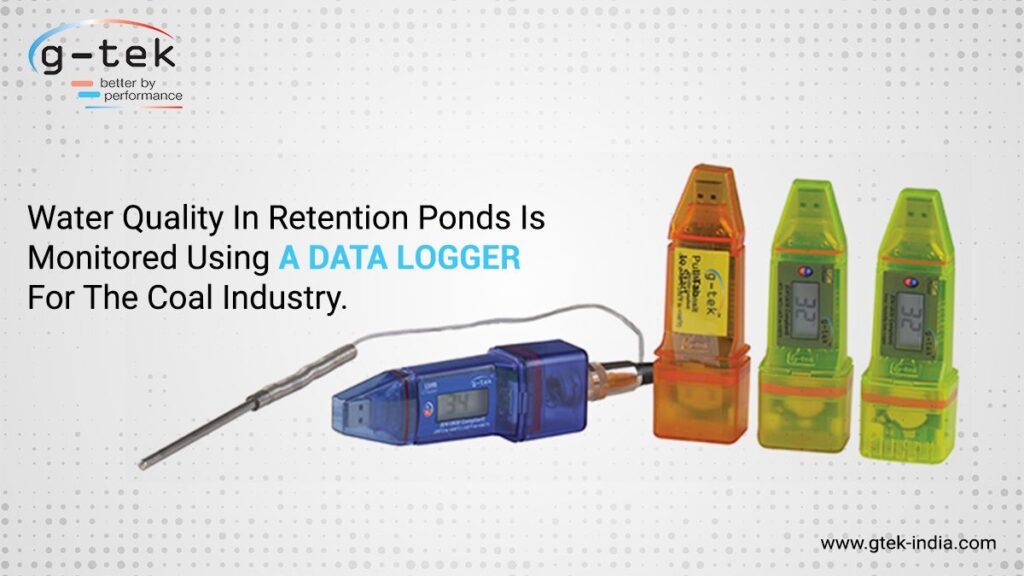Mine operations generate large amounts of waste, which they store in large containers. These storage facilities often pose major environmental concerns. It requires proper monitoring to hinder the risks of catastrophic failures and control the generation of contaminated mine drainage. The coal mining industry utilizes various applications and processes to function smoothly.
Data logger manufacturer helps users gather the critical information required for faster and smarter decisions. These smart data logger systems are excellent for use in various sectors, including cola and other mining industries.
What Are Retention Ponds?
Retention ponds are ponds or pools designed with additional storage capacity to attenuate surface runoff during rains. These ponds comprise a permanent pond area with landscaped banks and surroundings to provide additional storage capacity. People create them using an existing natural depression, excavating a new depression, or constructing embankments.
Experts recommend not using any natural water bodies, as there is a risk of pollution that might disturb or damage the natural ecology of the system. These ponds offer stormwater attenuation and water quality treatment to retain runoff and release the same at a controlled rate. The retention time and still water promote pollutant removal by sedimentation.
What are Data Loggers?
A data logger is an electronic device that automatically monitors and records environmental parameters over time, measuring, documenting, analyzing, and validating various conditions. Data loggers contain sensors that receive the information and a computer chip to store it. You need to transfer the information stored in the data logger for further analysis. These devices monitor parameters including temperature, humidity, single and three-phase power usage, voltage, and levels of gases, such as CO2.
Data Loggers for Water Quality Monitoring
A data logger used for water quality monitoring records the concentration of dissolved oxygen (DO) to determine the impact on aquatic life. If the dissolved oxygen concentration is too low, fish and other organisms living in water will face significant risks. Effective water quality monitoring requires sample collection.
Equipped with universal analog inputs for connection with varied sensor types, data loggers are effective for data monitoring stations, especially those that assist mining sites in meeting their reporting requirements.
Often these data loggers feature wide operating temperature ranges, low power consumption, and the ability to interfere with a large variety of sensors. Since most data loggers functions on batteries, they are ideal for long-term and standalone operations. Most data loggers are expandable using multiplexers and other peripherals. The best part is that you can store the data in desired units of measurement.
Furthermore, you can program the data loggers to send alarms or report conditions by calling out computers, radios, phones, and pagers. You can even display or process real-time historical data with the most advanced software.
Why Choose G-Tek’s Data Loggers for Water Quality Monitoring?
G-Tek emerged as one of the major players in helping our customers monitor their vital process parameters, record them, and help them meet compliance requirements. We strive to take our mantra to all our areas of operations, as we believe that recording is the first step towards improving quality and performance.

